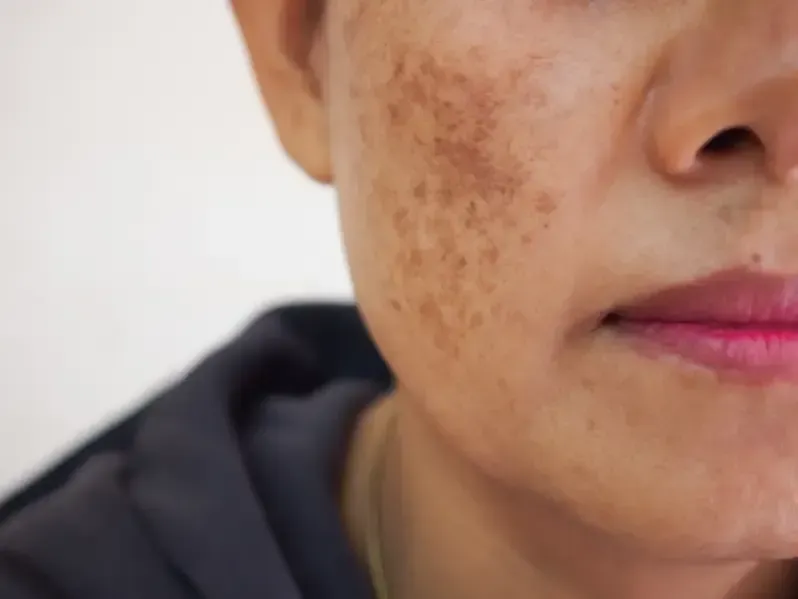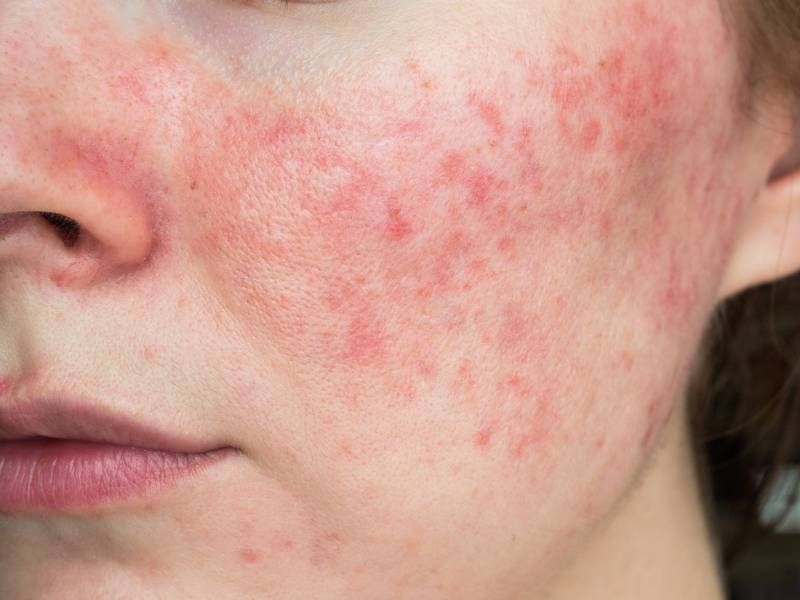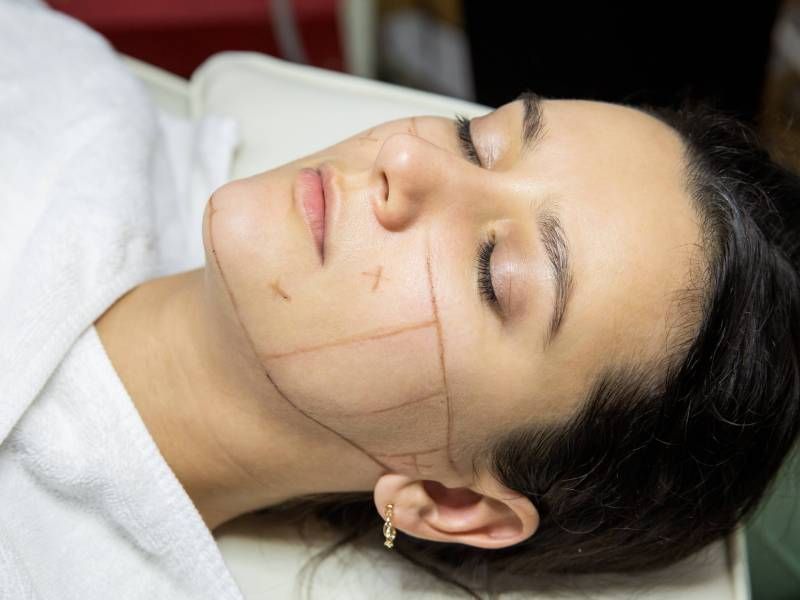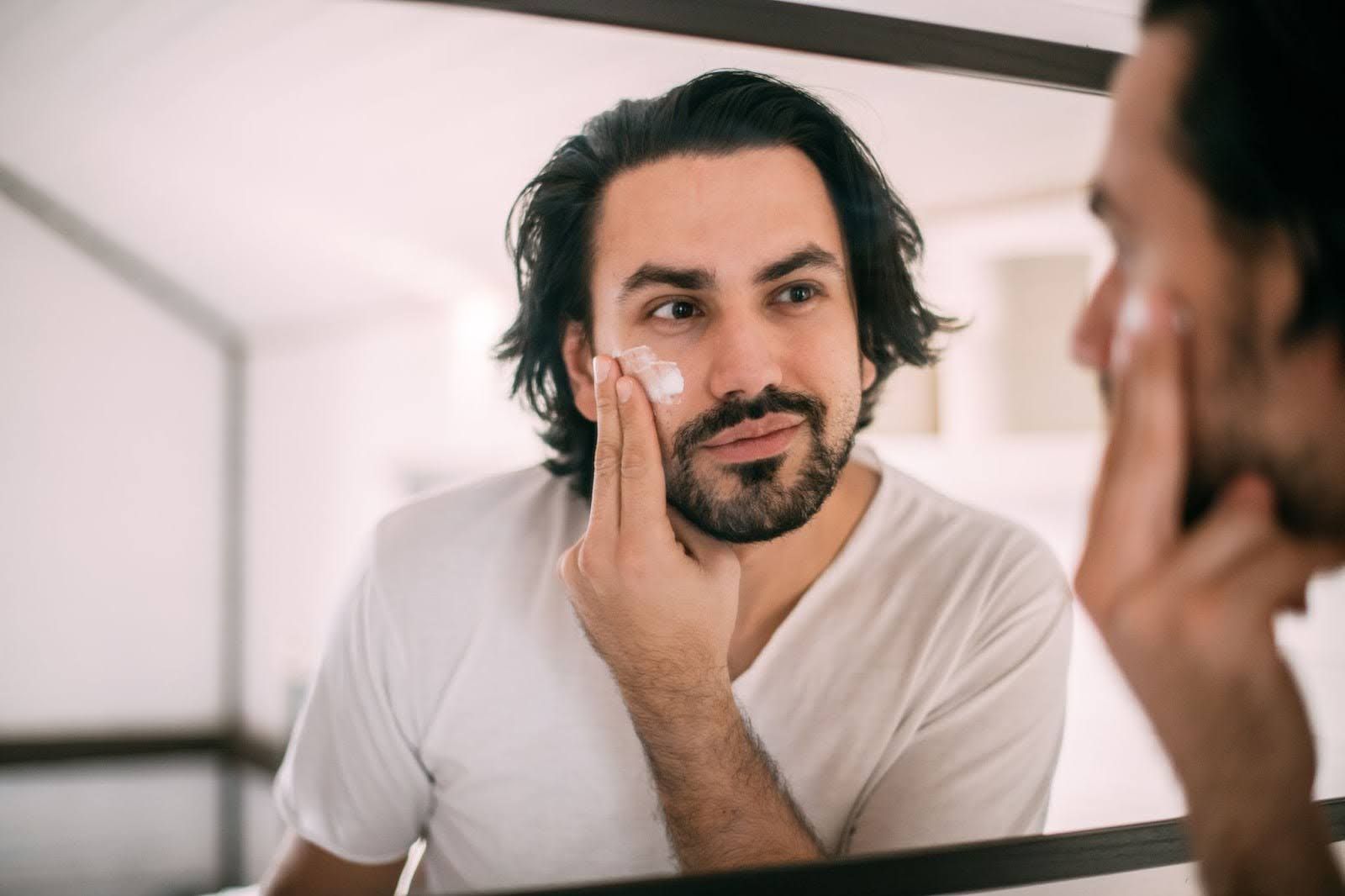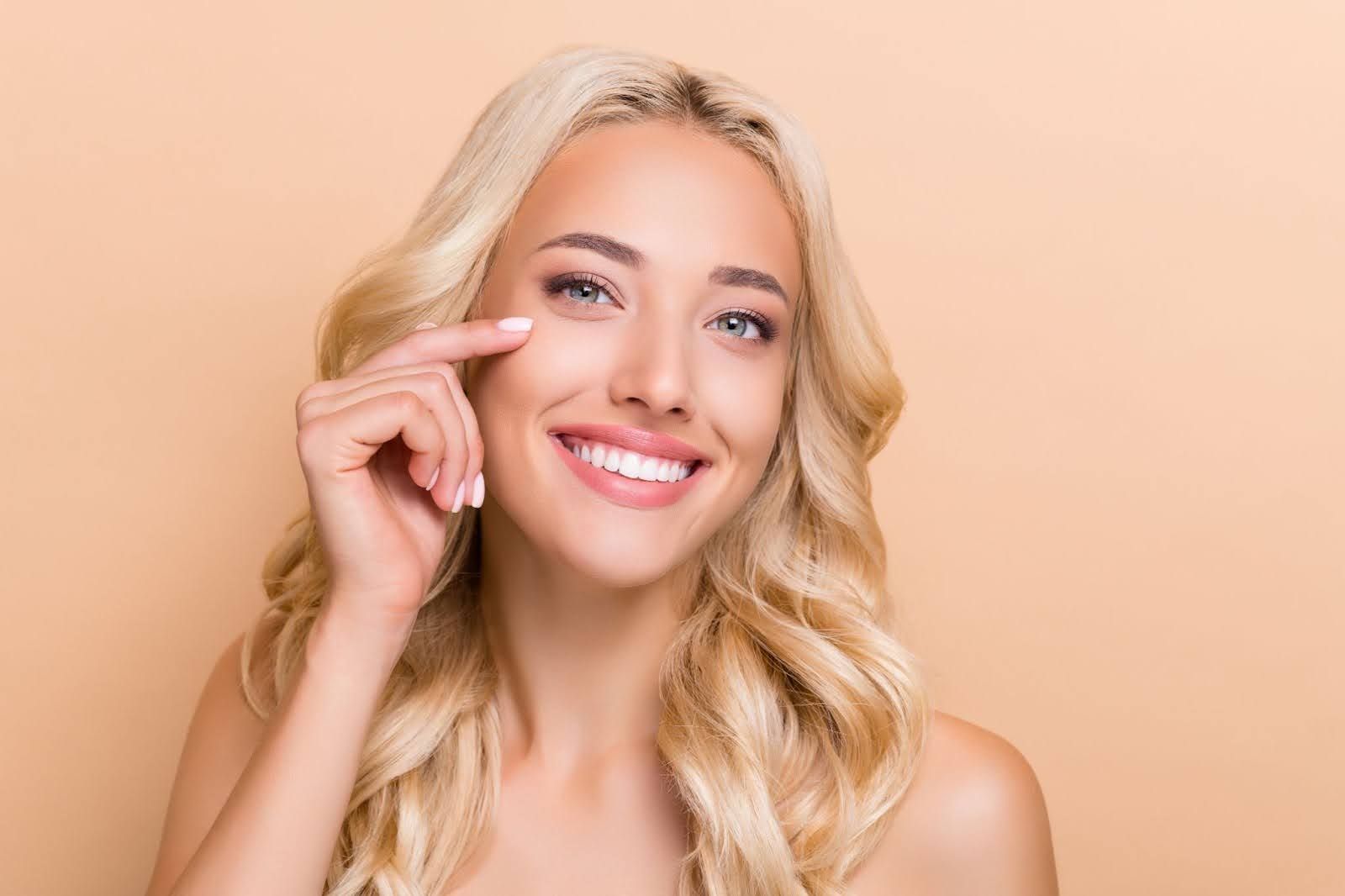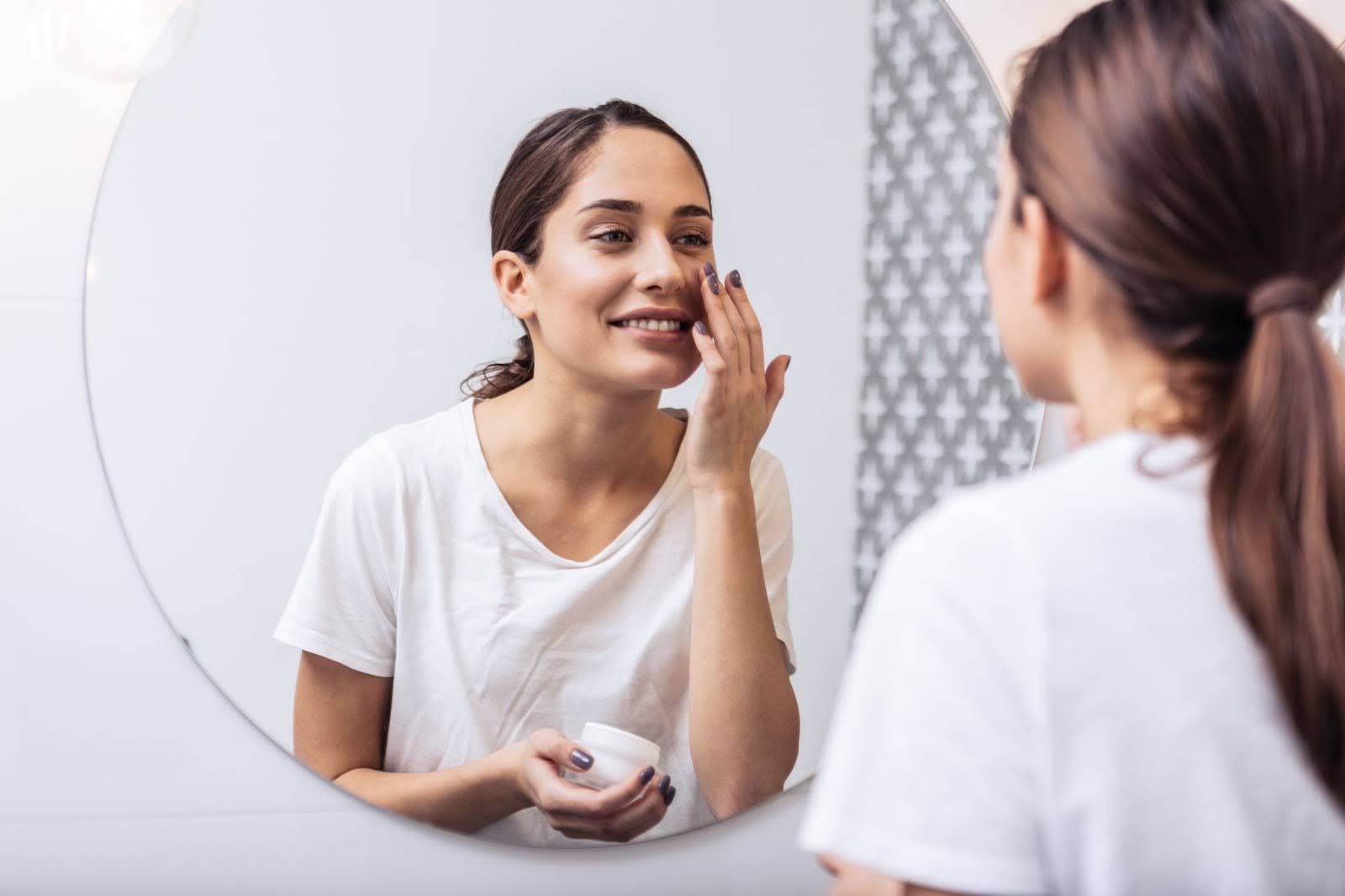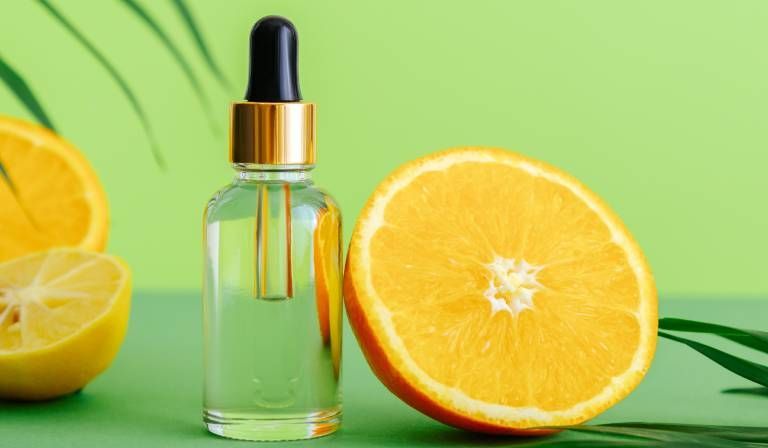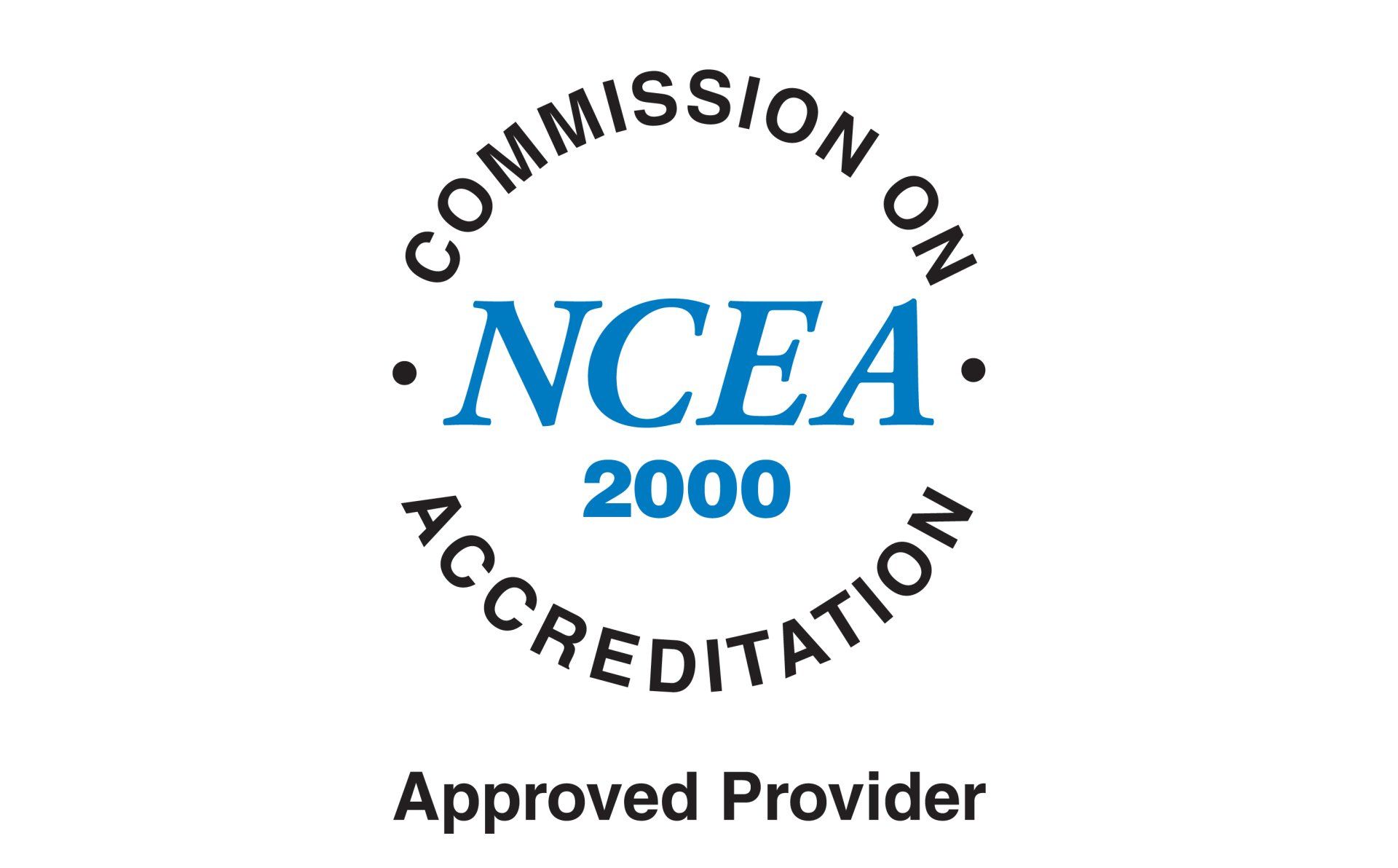How Long Does A Chemical Peel Last
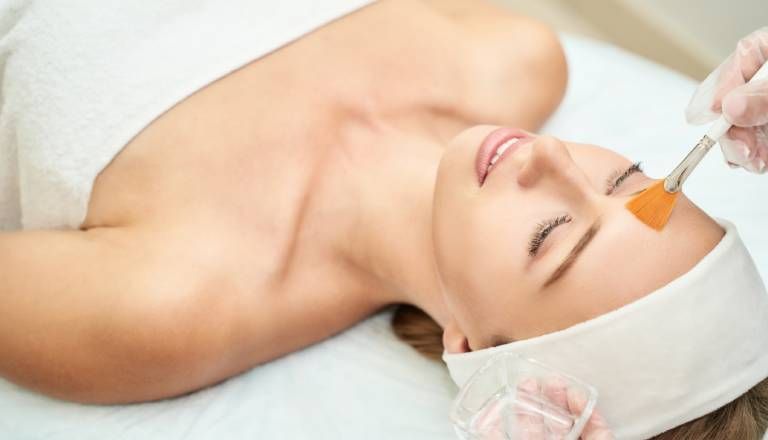
In skincare and dermatology, chemical peels have emerged as a popular and effective treatment for various skin concerns. Whether you're seeking to rejuvenate your complexion, address acne scars, or minimize fine lines and wrinkles, understanding the longevity of the results is crucial.
In this blog, we will delve into the intricacies of chemical peels, exploring how long their effects typically last and what factors can influence their duration. So, if you're contemplating a chemical peel or simply curious about its staying power, read on to gain valuable insights into this transformative skincare procedure.
What Is a Chemical Peel?
A chemical peel is a cosmetic procedure designed to improve the skin's appearance and texture by applying a chemical solution to exfoliate the outermost layer of the skin. This controlled exfoliation process helps remove damaged or dead skin cells, leading to a smoother, more youthful complexion.
To address particular skin issues like fine lines, wrinkles, acne scars, hyperpigmentation, and uneven skin tone, chemical peels can be tailored in terms of their depth and ingredient combinations. By promoting the shedding of old skin and stimulating collagen production, chemical peels can produce a fresher, more radiant appearance. They are a popular choice for individuals seeking skin rejuvenation and can be performed by trained dermatologists or licensed skincare professionals.
What Layer of Skin Does a Chemical Peel Remove?
The epidermis, the skin's outermost layer, is often targeted during a chemical peel. Depending on the kind of chemical solution used and the particular skin issues being addressed, the peel's depth can change.
Different Types of Chemical Peels
Chemical peels come in various types, each tailored to specific skin concerns and depths of treatment.
The three primary types of chemical peels are:
- Superficial or Light Peels: These peels are the mildest and primarily target the outermost layer of the epidermis. They are usually performed using gentle acids like alpha hydroxy acids (AHAs), such as glycolic or lactic acid. Superficial peels effectively improve skin texture, address minor discoloration, and provide a refreshed appearance with minimal downtime.
- Medium Peels: Medium-depth peels penetrate deeper into the skin, reaching the upper layers of the dermis. They often use trichloroacetic acid (TCA) or a combination of different acids. Medium peels are beneficial for treating more pronounced issues like fine lines, moderate wrinkles, and moderate hyperpigmentation. Recovery time is longer than superficial peels, and the skin may appear red and flaky during the healing process.
- Deep Peels: These peels are the most potent and penetrate the lower dermal layers. Phenol is a common ingredient used for deep peels. Deep peels are reserved for severe skin issues such as deep wrinkles, extensive sun damage, and scars. While they deliver dramatic results, they require an extended recovery period, and the skin may experience significant peeling and redness.
The choice of the chemical peel depends on your specific skin concerns, desired results, and the recommendation of a qualified dermatologist or skincare professional. It's essential to undergo a thorough consultation before selecting the type of peel that best suits your needs to ensure safety and effectiveness.
Who are good candidates for chemical peels?
Good candidates for chemical peels are individuals with specific skin concerns like fine lines, wrinkles, acne scars, or uneven skin tone, provided they are in good overall health and not pregnant or breastfeeding. It's essential to have reasonable expectations and a willingness to adhere to pre-and post-operative care guidelines.
A consultation with a qualified dermatologist or skincare professional is essential to determine the appropriate type and depth of peel for each individual's unique needs. Understanding potential risks and side effects is also essential before undergoing this skin rejuvenation treatment.
How Long Does It Take to Recover From a Chemical Peel?
The recovery time from a chemical peel depends on its depth. Superficial peels generally entail minimal downtime, with mild redness and peeling lasting a few days to a week. Medium peels require approximately one to two weeks of recovery, involving more noticeable redness and peeling. Deep peels have the most extended recovery, typically two to three weeks or more, with significant peeling and redness. Individual responses may vary, and following post-treatment instructions, including sun protection and skincare, is essential for optimal healing and maintaining the peel's results.
How Long Does a Chemical Peel Last?
The duration of results from a chemical peel can vary based on several factors, including the type of peel, individual skin characteristics, and skincare habits.
In general:
- Superficial Peels: The effects of superficial peels typically last a few months. These peels temporarily improve skin texture and tone, making them suitable for occasional treatments or maintenance.
- Medium Peels: Medium-depth peels offer longer-lasting results, often up to a year or more. They can address more significant skin concerns like fine lines and moderate pigmentation, but their effects may still diminish over time.
- Deep Peels: Deep chemical peels can provide results that last for several years, as they target deeper skin layers and more pronounced issues like deep wrinkles and scars. However, longevity may still vary among individuals.
Can You See Results After One Treatment?
Yes, you can often see noticeable results after a single chemical peel treatment, especially with medium and deep peels. However, the extent of improvement and the specific changes in your skin will depend on various factors, including the type and depth of the peel, your skin concerns, and your individual skin's response.
How Many Treatments Do You Need for Optimal Results?
The number of chemical peel treatments needed for optimal results varies depending on factors such as skin concerns and peel type. Superficial peels may require a series of treatments, spaced a few weeks apart, for mild issues, while medium peels can often provide significant improvement with one treatment. Deep peels, targeting severe concerns, may yield lasting results with a single treatment. Considering individual needs, the ideal treatment plan should be determined in consultation with a dermatologist or skincare professional. Consistent skincare, sun protection, and periodic follow-up treatments may be recommended to maintain results.
How often should you chemical peel to maintain results?
The frequency of chemical peel treatments to maintain results varies depending on factors like peel type and individual skin needs. Superficial peels may be done every 4-6 weeks for mild exfoliation, while medium peels might require maintenance every 6-12 months due to longer-lasting results. Deep peels are less commonly used for maintenance. A dermatologist or skincare professional should determine the ideal schedule, considering your specific skin concerns and response to previous treatments. Consistent skin care practices, including sunscreen use and tailored skincare routines, are crucial in preserving chemical peel results between treatments.
What Should You Avoid Before Your Treatment?
Before undergoing a chemical peel treatment, there are several precautions and actions to avoid to ensure the best possible outcome and reduce the risk of complications.
These include:
- Sun Exposure: Minimize sun exposure and always wear a broad-spectrum sunscreen with a high SPF before treatment. Sunburned or tanned skin can increase the risk of complications, such as hyperpigmentation.
- Skincare Products: Discontinue the use of certain skincare products, especially those containing retinoids, alpha hydroxy acids (AHAs), beta hydroxy acids (BHAs), or other exfoliating agents for a specified period before your peel. Follow your healthcare provider's recommendations regarding when to stop using these products.
- Hair Removal: Avoid waxing, threading, or other hair removal methods in the treatment area for about a week before the peel to reduce the risk of irritation.
- Certain Medications: Inform your healthcare provider about any medications you are taking, as some may need to be temporarily discontinued before the treatment. This may include oral retinoids (must be a year from the stop date), antibiotics, or medications that increase photosensitivity.
- Skin Infections or Irritations: Ensure your skin is free from active infections, open wounds, or irritations before peeling. The treatment should not be performed on compromised skin.
- Pregnancy and Breastfeeding: If you are pregnant or breastfeeding, it is typically recommended to postpone chemical peel treatments until after this period, as the safety of certain chemical peel ingredients during pregnancy and breastfeeding has not been well-established.
- Consultation: Always thoroughly consult your healthcare provider before the treatment to discuss your medical history, skin type, and specific concerns. This consultation will help determine the most suitable style and depth of peel for your needs.
Following your provider's pre-treatment instructions is essential to ensure a safe and effective chemical peel experience. These precautions help minimize the risk of adverse reactions and promote optimal results.
What Should You Not Do After Chemical Peels?
After a chemical peel, proper post-treatment care is crucial to ensure optimal healing and results.
Here are some things you should avoid following a chemical peel:
- Direct Sun Exposure: Protect your skin from direct sunlight for an extended period after the peel. Sun exposure can cause hyperpigmentation and damage the newly revealed skin. Always wear broad-spectrum sunscreen with a high SPF, and consider wearing protective clothing and a wide-brimmed hat when outdoors.
- Picking or Peeling: Avoid picking, peeling, or forcibly removing any flaking or peeling skin. Let it naturally slough off to prevent scarring or infection.
- Exfoliating Products: Steer clear of using exfoliating products, such as scrubs, alpha hydroxy acids (AHAs), beta hydroxy acids (BHAs), or retinoids, until your skincare professional approves their use. Using these products too soon can irritate the healing skin.
- Hot Water and Saunas: Avoid hot showers, saunas, and steam rooms for a few days after the peel, as they can exacerbate redness and irritation.
- Strenuous Exercise: Skip strenuous physical activity that induces sweating for at least 24-48 hours post-peel, as sweat can irritate the treated skin.
- Makeup: Depending on the depth of the peel, you may need to refrain from using makeup for a day or longer. Follow your provider's guidance on when it's safe to resume makeup application.
- Tanning Beds: Avoid tanning beds, as they can harm the newly treated skin and increase the risk of complications.
- Facial Treatments: Postpone other facial treatments, such as facials, microdermabrasion, or laser treatments, until your skin has fully healed and your skincare provider approves.
- Moisturizers and Topical Products: Use only the skincare products your provider recommends during the post-peel period. These may include gentle cleansers, moisturizers, and specific post-peel ointments or creams.
- Alcohol-Based Products: Avoid using products containing alcohol, as they can dry and irritate the healing skin.
Always adhere to the specific post-treatment instructions provided by your skincare professional. These guidelines are tailored to your individual peel and skin type to ensure a safe and effective recovery process and maximize the chemical peel's benefits.
Achieve Radiant Skin with Tala Wellness Studio
In conclusion, a chemical peel can be a transformative skincare procedure, offering practical solutions for various skin concerns. Whether you're seeking to address fine lines, acne scars, or uneven skin tone, the key to a successful outcome lies in careful pre-treatment preparation and diligent post-treatment care. At Tala Wellness Studio, our licensed and experienced skin care professional, Marija DeVita, is dedicated to guiding you through every step of the chemical peel process in Summerville, SC, from the initial consultation to aftercare, ensuring your safety and satisfaction. Remember, the road to rejuvenated and radiant skin begins with informed decisions and a commitment to maintaining the health and beauty of your skin.

